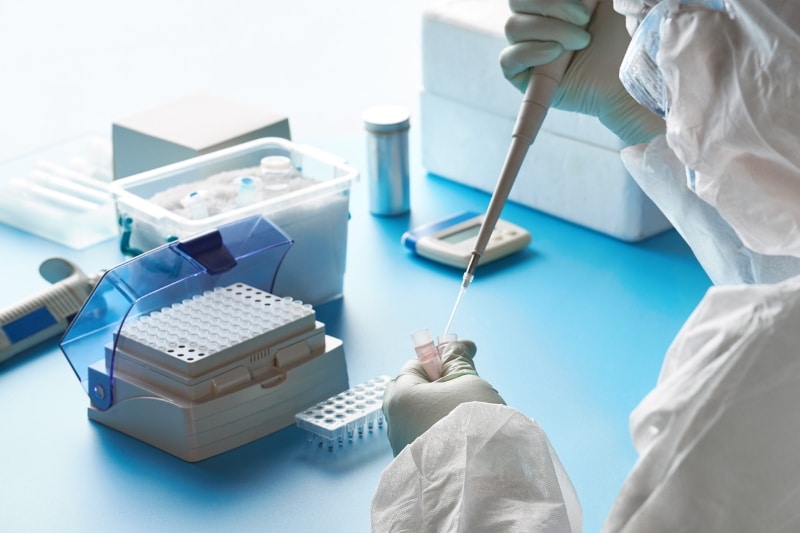In December 2019, Tessa Therapeutics (Tessa), a Singapore-based clinical-stage cell therapy company focused on the development of innovative cell therapies to treat cancer, announced plans to open a 90,000 square foot (8,361 sq meter) commercial-scale cell therapy manufacturing facility in Singapore by end-2020. This will be one of the leading commercial-scale cell therapy manufacturing facilities in Asia. The entire manufacturing hub, totaling 130,000 square feet (12,077 square meter), will include office space to house Tessa’s Corporate Headquarters. Tessa has entered into a lease agreement to develop the facility within an existing high-tech industrial building in Singapore.
In cell therapy intact living cells are injected into a patient to derive a therapeutic effect such as restoring tissue or organ function, or fighting cancer. The industry has seen accelerated growth over the past few years led by recent launches of cell therapy products. However, cell therapy manufacturing remains challenging due to the complex process and lack of suitable manufacturing technologies. There are challenges regarding setting up a reliable, consistent and scalable manufacturing system is key to producing cell therapy on a wider scale. In 2019, the Singapore government announced will invest SGD 80 million (USD 60 million) to develop core capabilities required for cell therapy manufacturing.
Tessa’s new facility will be built to run both clinical and commercial manufacturing of cell therapy products that is compliant with current Good-Manufacturing- Practice (cGMP) guidelines from the U.S. Food and Drug Administration, European Medicines Agency and key regulators in Asia. The facility will integrate digital technology for real-time monitoring of its manufacturing operations and vein-to-vein supply chain logistics. The ability to digitally manage the complex process involved in delivering cell therapies to patients worldwide will enhance the traceability and control of patient material, and also enable greater standardization, scalability and quality management across its operations.
The new facility will expand on the company’s proven record of successful global cell therapy manufacturing, shipments, and infusions to patients in a Phase III clinical trial setting. Currently, the company has produced and delivered autologous, personalized cell therapies to more than 100 patients in 30 clinical sites across five countries. The facility will also build out Tessa’s in-house process development capabilities and serve as a center of excellence to advance CMC (Chemistry, Manufacturing and Controls) development efforts of its cell therapies from early phase clinical development through to commercialization.
(Sources: Tessa Therapeutics; Business Times)
